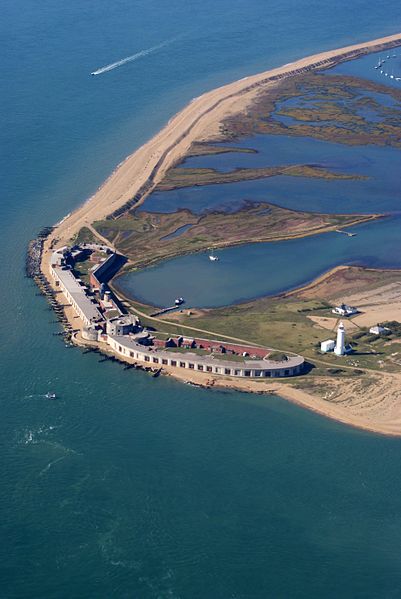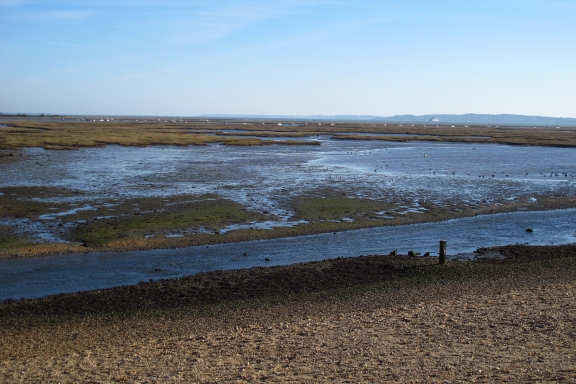Aleksandar Hemon’s ‘The Aquarium’ seems likely to be the most affecting piece of writing I’ll come across in a while. It’s a story, but a factual one, an excerpt from Hemon’s new memoir The Book of My Lives, the account of the illness and death from brain cancer of his nine-month-old younger daughter Isabel. It would be natural and probably necessary for Hemon to find words for what happened, because that is what writers do. It is still an act of extreme bravery. The narrative can be described only by reading it.
The quality of thinking behind Hemon’s writing powers through in passages like this, where Hemon talks about the necessity of story in human lives as a means of survival:
One day at breakfast, while [my older daughter] Ella ate her oatmeal and rambled on about her [imaginary] brother, I recognized in a humbling flash that she was doing exactly what I’d been doing as a writer all these years: the fictional characters in my books had allowed me to understand what was hard for me to understand (which, so far, has been nearly everything). Much like Ella, I’d found myself with an excess of words, the wealth of which far exceeded the pathetic limits of my own biography. I’d needed narrative space to extend myself into; I’d needed more lives. I, too, had needed another set of parents, and someone other than myself to throw my metaphysical tantrums. I’d cooked up those avatars in the soup of my ever-changing self, but they were not me—they did what I wouldn’t, or couldn’t, do. Listening to Ella furiously and endlessly unfurl the Mingus tales, I understood that the need to tell stories was deeply embedded in our minds and inseparably entangled with the mechanisms that generate and absorb language. Narrative imagination—and therefore fiction—was a basic evolutionary tool of survival. We processed the world by telling stories, produced human knowledge through our engagement with imagined selves.
I first encountered Aleksandar Hemon through his unnervingly brilliant first novel The Lazarus Project, which uses interlinked timelines as a means to coming to terms with identity in exile. Hemon is obsessed by language at every level – as an expression of identity, as the cornerstone of self expression – and the language he uses is enviably eloquent, what I would choose to call idiosyncratically direct. I found reading ‘The Aquarium’ as close to unbearable as a reading experience can be – and yet as a writer as much as a reader it demanded my attention.
It also presented an odd coincidence, a glancing relationship to my own autobiography. When I was a little less than four years old, I was in a car on a motorway somewhere in the south of England, travelling with my family from our home in the Midlands to spend a weekend with friends. For a young child – and this was just a year or so prior to that time when forever afterwards long motorway journeys would be synonymous in my mind with hours-long, blissful opportunities for reading – such a journey might have seemed both endless and dull, but my dad was always an intrepid motorhead, and already such lengthy expeditions were a commonplace in my life. This one though turned out to be different: sinister, unnervingly truncated. Because of the age I was then – more or less exactly the same age as Hemon’s older daughter Ella when her sister died – I am left with the sense that I never quite grasped its seriousness, even today.
Seemingly out of nowhere, my brother fell ill. He was just a baby, not quite two years old. One minute everything was normal, the next my dad was pulling us over to the side of the road, my brother was being wrapped in a blanket and we were headed for the nearest hospital. Most likely because she was a trained nurse, my mother had spotted something definitively abnormal in my brother’s feverish, at first agitated and then increasingly unresponsive state, and it’s likely that her prompt assessment of the gravity of his situation contributed significantly towards his later recovery. Because my brother had contracted viral meningitis. This was in 1970, when laypeople weren’t as alert to this disease as they are today.
Reading Hemon’s descriptions in ‘The Aquarium’ of Ella’s attempts to understand what was going on – the instant disruption of her normal routines, the sudden and total incursion of anxiety into her world – gave me the oddest feeling of experiencing his account through the wrong end of a telescope. For I do remember the things, to some small extent similar, that happened to me: instead of the expected weekend with friends (I was even at that age an intense child, a jealous child, a child that disliked the meaningless small talk and enforced jollity that seemed to characterise such encounters and I had not been looking forward to it) I was left with those friends, hurriedly and with scant preparation, while my parents dashed back to spend first one night and then another at the hospital. I remember not making nearly as much fuss about this as I might usually have done – I did somehow grasp that my brother was seriously ill and that anything I might do or say that did not directly relate to this or help the situation would be embarrassingly inappropriate – but I was confused, and a bit scared, in a kind of emotional stasis. I remember standing in water up to my knees in a kind of public outdoor paddling pool – so was it summer then? – while my mother’s friend Margaret watched carefully over me. I remember wondering if my brother might die, whilst not really having a clue what that actually meant.
I must have had some notion of what was going on, because I handed over my favourite toy – a beagle glove puppet – with the firm instructions that it be given to my brother at the hospital. I was inseparable from that thing. The idea of giving it away under ordinary circumstances would have been unthinkable to me.
My brother made a full recovery. He was critically ill for perhaps a week. Not long after that he was boasting about the monster injections (lumbar punctures) he had been given. He was soon back to normal and we all went home. But when I read Hemon’s words in ‘The Aquarium’ about being with Isabel in hospital – ‘If I found myself envisioning holding her little hand as she was dying, I would erase the vision, often startling [my wife] Teri by saying aloud to myself, “No! No! No! No!” ‘ – I can’t help but think of my own mother, the image of her from that time that is still imprinted on my brain, like a single snapshot, her leaning over into the back seat of the car and reaching for my brother, abnormally still, wrapped in that yellow blanket, and how easily things might have taken a darker turn.
Read more about The Book of My Lives, and John Freeman’s wonderful interview with Aleksandar Hemon here.

